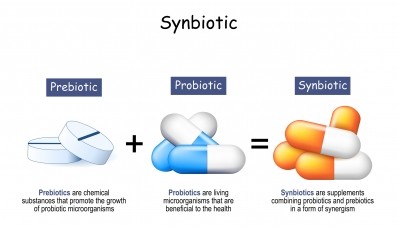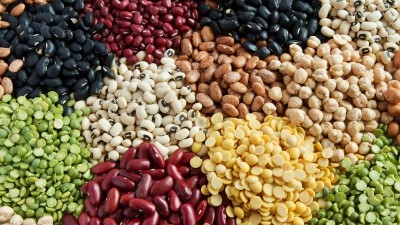Diabetes supplements containing allulose improve blood glucose levels and obesity parameters: Korean study

Funded by Korean ingredients manufacturer Daesang Corporation, the study was designed as a single-arm, historical-control pilot clinical trial to assess the efficacy of ONS for eight weeks.
Conducted between September 2019 and June 2020, the study recruited 26 overweight and obese patients with type 2 diabetes from Kyung Hee University Hospital in Seoul, South Korea, aged 30 to 70 years old.
There was no control group in this study. All participants were instructed to consume two packs of diabetes-specific ONS, including 200 kcal/200 mL of allulose, to replace breakfast every morning during the study period. They would consume their lunch and dinner as per normal.
The efficacy of the ONS were assessed via the participants’ obesity parameters, glycaemic profiles, and lipid profiles at the hospital where they were recruited, respectively at baseline, week four and week eight.
The researchers reported several key improvements.
“After 8 weeks, fasting blood glucose (FBG) level significantly decreased from 139.00 ± 29.66 mg/dL to 126.08 ± 32.00 mg/dL (P = 0.007) and glycosylated hemoglobin (HbA1c) improved (7.23 ± 0.82% vs. 7.03 ± 0.69%, P = 0.041).
“Moreover, the fasting insulin (δ: −1.81 ± 3.61 μU/mL, P = 0.017) and homeostasis model assessment for insulin resistance (HOMA-IR) (δ: −0.87 ± 1.57, P = 0.009) levels decreased at 8 weeks, and body weight significantly decreased from 67.20 ± 8.29 kg to 66.43 ± 8.12 kg (P = 0.008).
“Body mass index (BMI) also decreased in accordance with this (from 25.59 ± 1.82 kg/m2 to 25.30 ± 1.86 kg/m2,P = 0.009), as did waist circumference (δ: −1.31 ± 2.04 cm, P = 0.003).”
Mechanism of action
The mechanism underlying the weight loss effect was attributed to the improved nutritional balance of participants after the intervention.
Firstly, ONS increased unsaturated fatty acids (MUFA and PUFA) – also known as healthy fats – in the body, thereby helping with glycaemic control. The researchers found that carbohydrate intake had decreased by 5%, while fat intake increased by 5%.
Secondly, ONS contains highly soluble fibre which helps with the absorption of glucose.
Lastly, the following nutrients also noted an improvement after the intervention: Vitamins A, E, K, B1, B2, B6, C, folate, calcium, phosphorus, potassium, magnesium, iron, niacin, chlorine, zinc, copper, manganese, pantothenic acid, biotin, chromium, and molybdenum (P < 0.05).
Diabetes is becoming more widespread in South Korea, and Type 2 diabetes is often linked to obesity where active weight management tend to be adopted to improve blood glucose levels.
Diabetes specific ONS have been shown to improve the nutritional balance and blood glucose levels of patients with type 2 diabetes: “After consuming ONS, patients with T2DM with weight loss experienced an increase in albumin level and a decrease in glycated hemoglobin (HbA1c) level, confirming that the nutritional status and glycemic profile were improved. In a study comparing standard ONS, diabetes-specific ONS effectively improved postprandial glucose (PPG) and HbA1c.”
The researchers were also aware of the antidiabetic and antiobesity effects of allulose: “An animal model of diabetes revealed lowered glucose absorption and insulin resistance and showed PPG reduction while improving the β-cell function of the pancreas, where insulin is secreted upon consumption with allulose. In overweight or obese adults, consuming a non-carbonated beverage with zero calories containing 14 g of allulose daily for 12 weeks resulted in a decrease in body weight and BMI.”
Source: Nutrition Research and Practice
“Effect of diabetes-specific oral nutritional supplements with allulose on weight and glycemic profiles in overweight or obese type 2 diabetic patients”
https://doi.org/10.4162/nrp.2023.17.2.241
Authors: Tak, J., et al.














